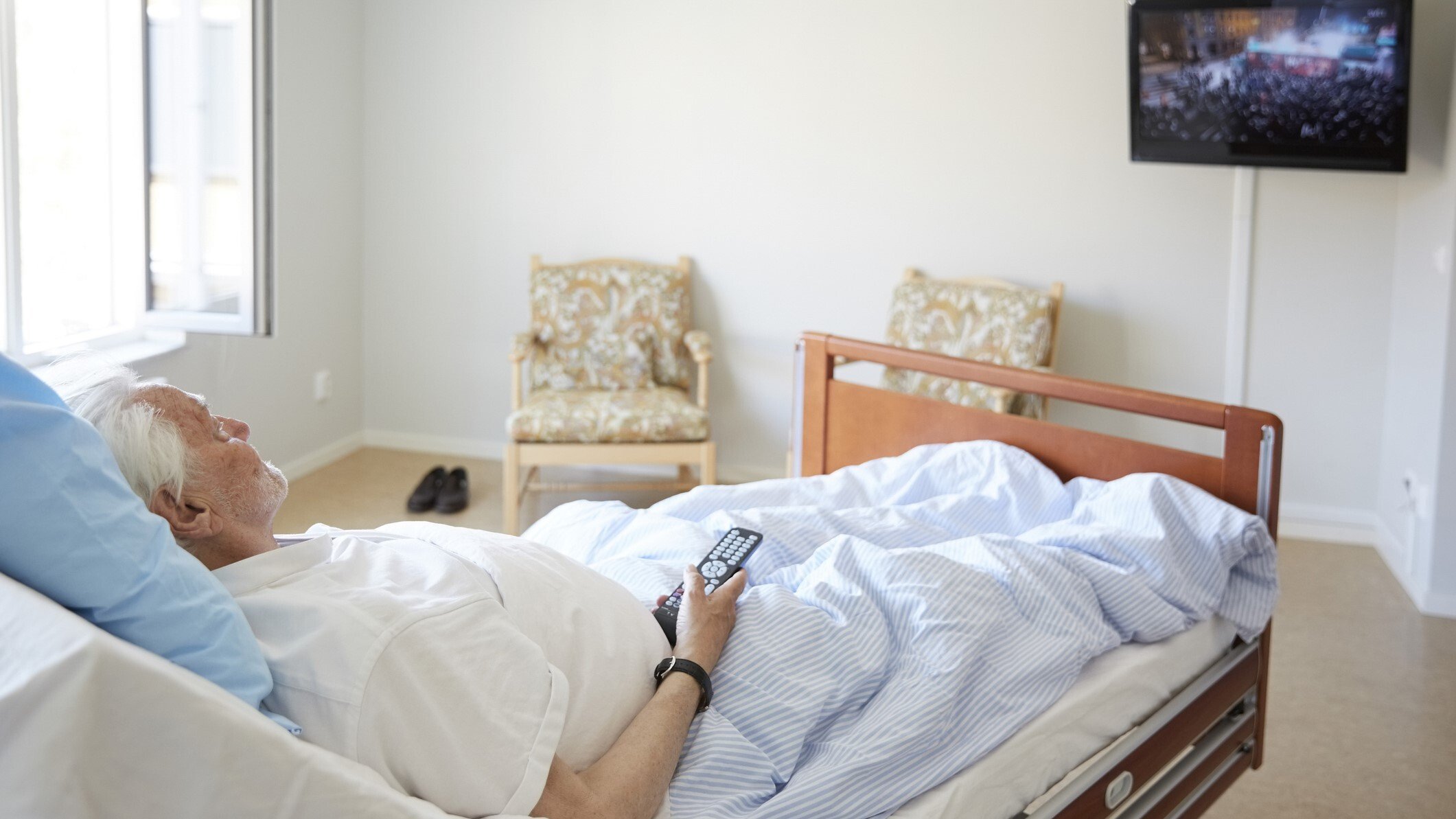
Like many places in the United Kingdom and throughout the United States, Spartanburg, South Carolina, is seeing its diversity grow.
More than 6 percent of those living in the regions served by the Spartanburg Regional Healthcare System do not speak English, and nearly 4 percent of the area’s residents were born outside of the United States.
To better serve this population, one of the state’s largest healthcare systems is expanding access to interpreters by deploying Interpreter on Wheels, a video remote interpreting solution.
In the U.S., the system already employs interpreters fluent in Spanish, Russian, and American Sign Language, which comprise the languages most often requested at Spartanburg Regional.
“But we do have instances where we need Swahili,” said Marchele Garrett, manager of the hospital’s Diversity and Language Services, in an interview with WSPA Channel 7. “We may need a French language that we don’t normally have a live interpreter for.”
In these instances, the Interpreter on Wheels (IOW) is particularly handy. The IOW is basically an iPad mounted on an IV stand. The tablet provides access to an app called LanguageLine InSight Video Remote Interpreting, which provides on-demand, one-touch access to video interpreters in 35 spoken languages plus American Sign Language (or British Sign Language in the United Kingdom), as well as audio-only interpreters in over 240 languages. Furthermore, LanguageLine’s team of more than 9,000 professional interpreters is easily accessible via the service at any time as long as you have an internet connection.
Spartanburg has also made use of Interpreters on Wheels to communicate with its Deaf and hard-of-hearing populations.
The Spartanburg Regional Healthcare System serves Spartanburg, Cherokee, Greenville, and Union counties in South Carolina, as well as Polk and Rutherford counties in North Carolina. All told, the system has more than 9,000 employees who attend to in excess of 174,000 emergency centre visits, 25,000 surgical procedures, and 3,800 baby deliveries each year.
The system has recently acquired several new hospitals, and as a result, Garrett says she has noticed a need for more interpreters. Through a grant, the system recently purchased 10 new Interpreters on Wheels, bringing their total to 18.
Garrett says she wants to ensure that a language barrier never comes between a patient and the care they deserve.
"It's important that we have the flexibility when that patient comes in the door,” Garrett said, “[so] that they will be able to understand what is being said to them [or] what is being asked of them and to figure out how we can help them get better."
LanguageLine Can Help
LanguageLine is here to help. For nearly four decades, we’ve made addressing non-English speaking patients’ health concerns a major priority because we believe that being understood is empowering. As well as making diagnoses, consultations and therapies easier to carry out with non-English speaking patients, the service is also incredibly easy to use, efficient and cost saving, cutting the need to hire interpreters when they are needed.
LanguageLine works with healthcare organisations across the United Kingdom, within the NHS and private healthcare services, to overcome language and cultural hurdles for limited English proficient patients, as well as the Deaf and hard of hearing. Please contact us so that we can learn more about your organisation and the particular challenges you are facing.




